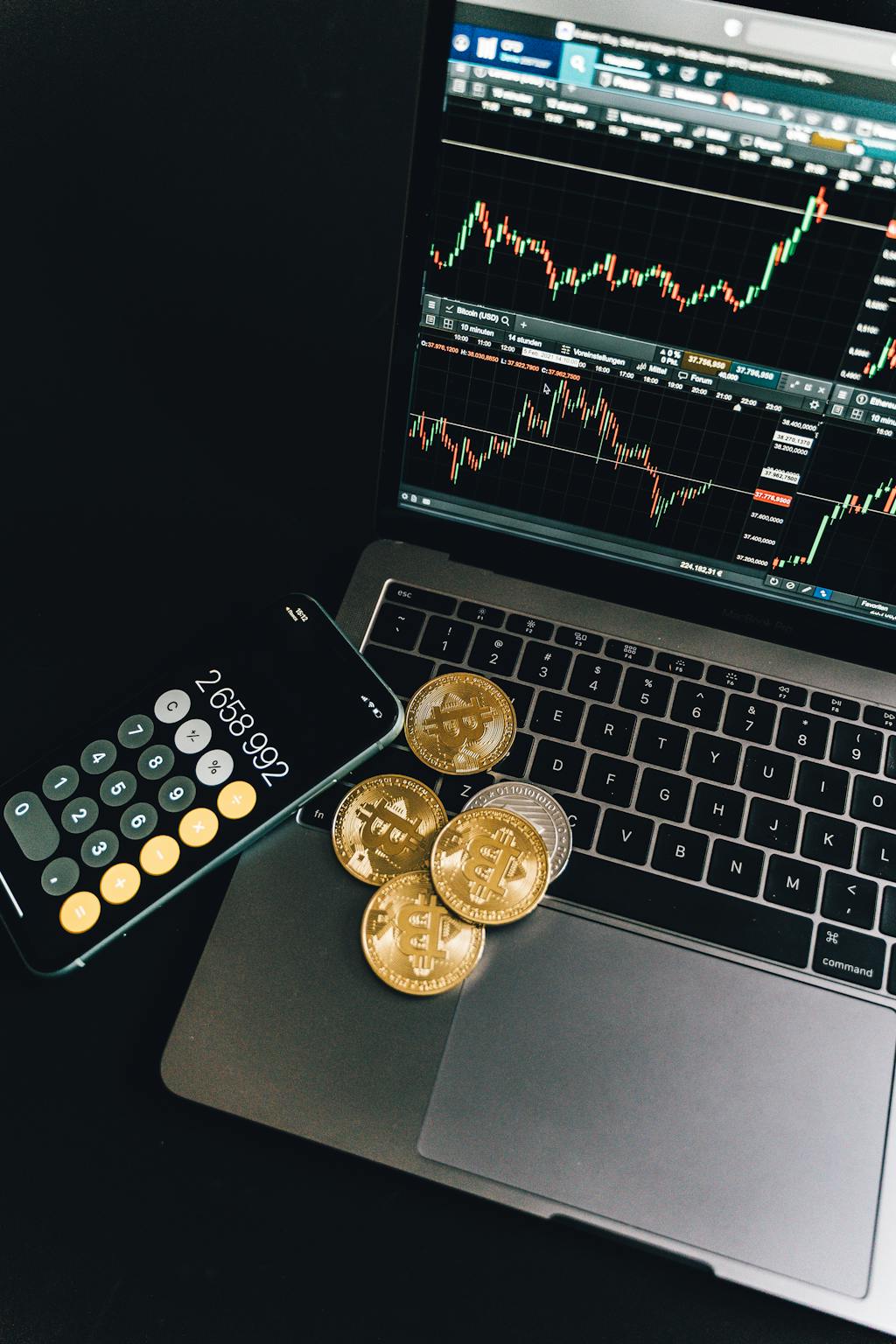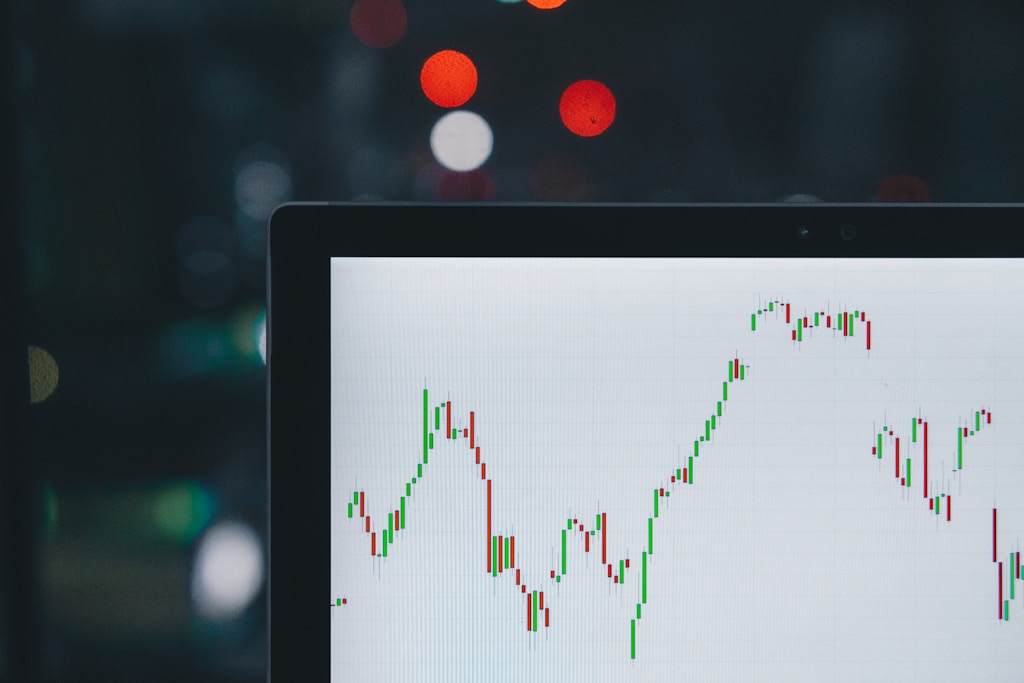South Korea’s cryptocurrency landscape is poised for a major transformation as both leading presidential candidates embrace pro-crypto policies ahead of tomorrow’s crucial election. This development signals a significant shift in one of Asia’s largest crypto markets, where institutional adoption could help drive Bitcoin towards predicted highs of $250,000 in 2025.
Political Upheaval and Crypto Consensus
Following six months of political turmoil and two impeachments, South Korea’s presidential race has come down to Lee Jae-myung (Democratic Party) and Kim Moon-soo (People Power Party). Despite their political differences, both candidates have found common ground in their support for cryptocurrency and blockchain technology.
Key Policy Proposals
- Legalization of spot crypto ETFs
- Integration of digital assets into the stock market
- Development of a Korean won-backed stablecoin
- Potential allocation of the $884B national pension fund to crypto assets
Market Impact and Growth Potential
The crypto wallet market, currently valued at $11.52B, is projected to reach $32.8B by 2030, with South Korea’s growing adoption playing a crucial role. Already, 32% of South Koreans (16M+ people) actively participate in crypto trading.
FAQ Section
How will South Korea’s election affect crypto prices?
Increased institutional adoption and regulatory clarity could drive significant market growth, potentially contributing to broader crypto market gains.
What changes can crypto investors expect?
Key changes include easier market access, institutional investment opportunities, and integration with traditional financial systems.
Looking Ahead
As South Korea moves toward greater crypto adoption, the implications for global markets could be substantial. This institutional embrace of digital assets aligns with broader trends of national adoption and could serve as a model for other countries.




